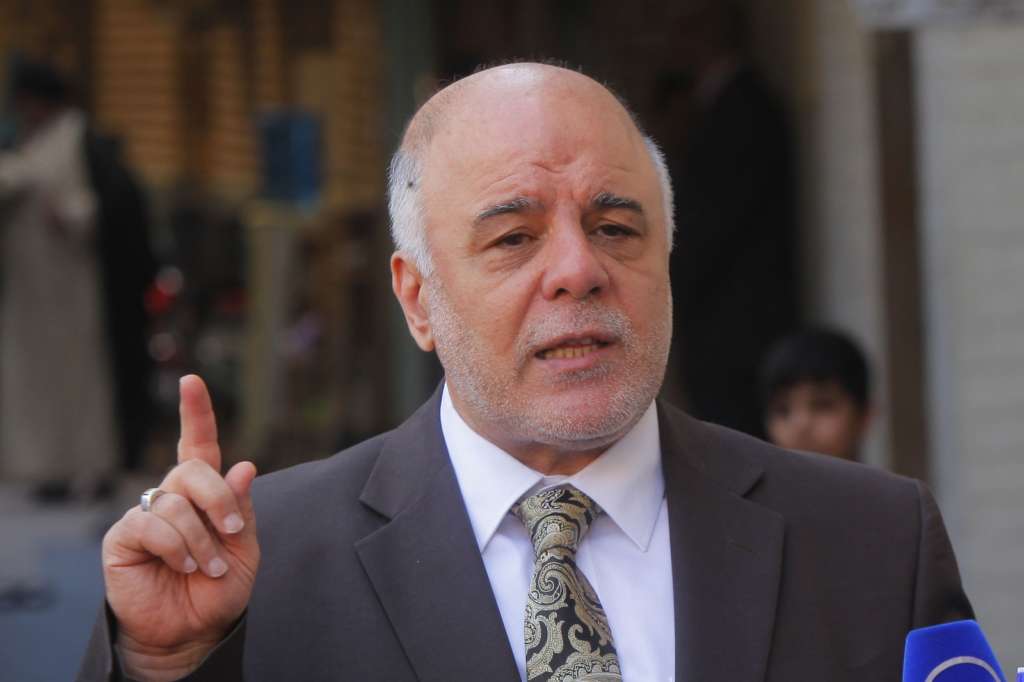Baghdad- An Iraqi council of ministers meeting was interrupted by rioting Al-Qadisiya University students. Demonstrations took place at Wasit province’s capital Kut, 180 km west of Baghdad.
Students protested in droves, chanting slogans that overthrow Prime Minister Haider al-Abadi legitimacy, later compelling forces to disperse the demonstrators.
Abadi’s trip to Wasit was to visit the university, meet with families who had lost relatives in the fight against ISIS, and to attend the Wasit Council of Ministers meeting.
Muqtada al-Sadr, an Iraqi cleric leading the pre-dominantly Shi’ite Sadrist Movement, denounced the protest and hinted that loyalists backing former Prime Minister Nouri al-Maliki are responsible for the riot.
But Maliki’s Islamic Dawa Party issued a statement that discredited the protest along with the violence displayed by demonstrators, saying that it does not match with the high-standard morality held by the university’s students.
At its customary Wasit session, the council of ministers attended the province’s needs and services provided to its residents, reported the prime minister’s media office.
It has become a routine approach for the council of ministers to visit provinces other than Baghdad for its regular sessions.
Following the council’s meeting, Abadi delivered a speech at the university calling to curb the influence of political conflict on universities nationwide.
Abadi urged students to steer clear of political rifts.
“Education is central, and is part and parcel to the victories claimed by Iraqi forces against terrorists,”Abadi added.
Iraq is moving in the right direction, away from national schism and closer to unity, Abadi said.
Sadr issued a statement in solidarity with Abadi, labeling the protests as a loud transgression staged against the prime minister and national authority. Sadr also reprehended the act and considered it harmful to reform.
